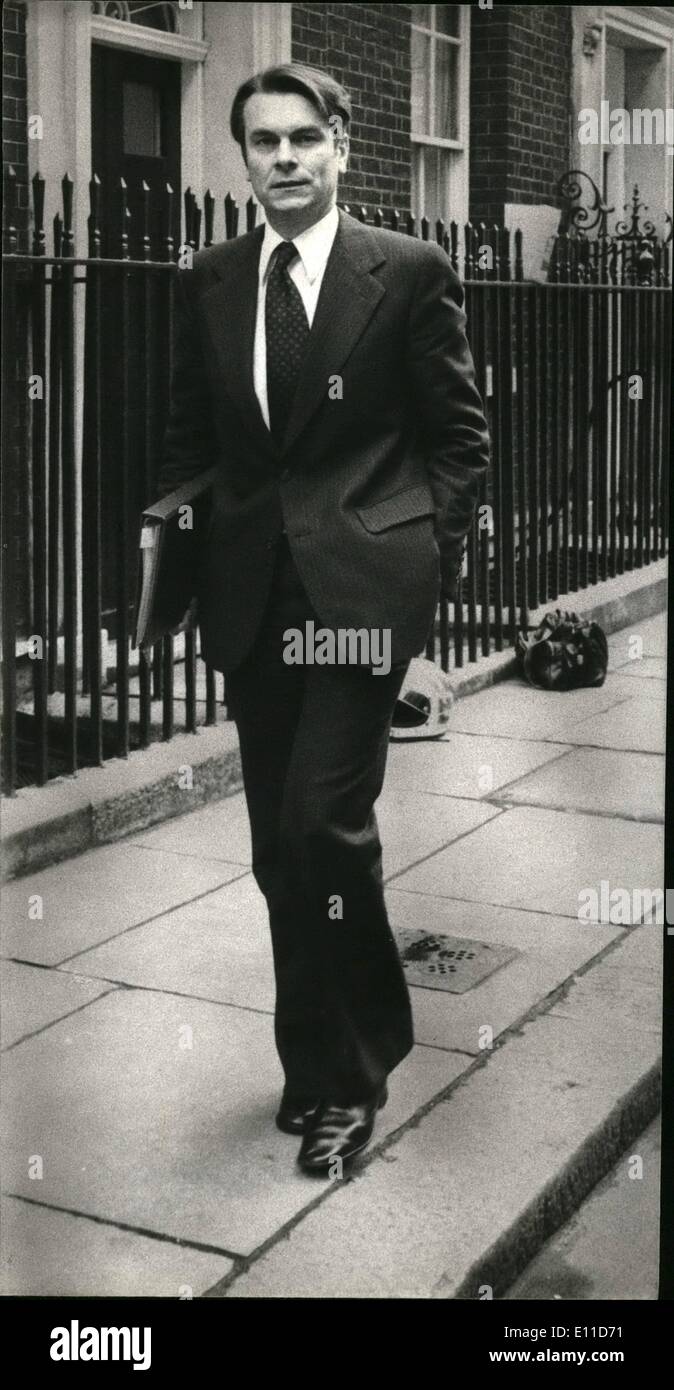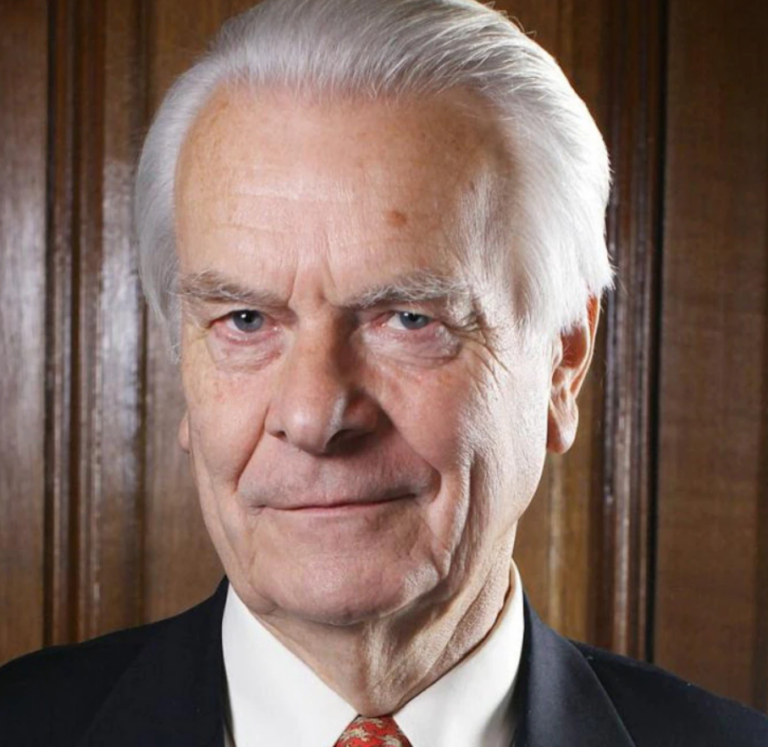David Owen: Biography, Politics & More | Learn About His Legacy
Could a single individual truly shape the course of a nation, and even the world, through diplomacy and intellect? David Anthony Llewellyn Owen, Baron Owen, a name synonymous with both political prowess and medical understanding, certainly provides a compelling case for an affirmative answer. Born on July 2, 1938, this British politician and physician has left an indelible mark on the landscape of British politics, not only as a Foreign Secretary but also as a leader who dared to chart an independent course.
David Owen's career is a tapestry woven with threads of medicine, politics, and literature. Before venturing into the tumultuous world of British governance, he had a foundation in both academics and medicine. He was a student at Colorado College and later transferred to Harvard University, where he cultivated his intellectual abilities and served as an editor of the Harvard Lampoon. After completing his degree in English from Harvard in 1978, he launched his political career, which saw him rise through the ranks to become one of the most influential figures in British politics.
| Attribute | Details |
|---|---|
| Full Name | David Anthony Llewellyn Owen, Baron Owen, CH, PC, FRCP |
| Date of Birth | July 2, 1938 |
| Profession | Politician, Physician, Author |
| Political Affiliation | Labour Party, Social Democratic Party (SDP), Independent Social Democrat |
| Education | Colorado College, Harvard University (B.A. in English) |
| Political Positions Held | Secretary of State for Foreign and Commonwealth Affairs (1977-1979), Leader of the Social Democratic Party |
| Other Notable Roles | Contributing Editor at The New Yorker, The Atlantic Monthly, Harper's, Golf Digest |
| Books Published | Green Metropolis: Why Living Smaller, Living Closer, and Driving Less Are the Keys to Sustainability; And The Walls Around Us |
| Reference | Wikipedia |
David Owen's rise to prominence began within the Labour Party. He entered Parliament as a Member of Parliament (MP) and quickly established himself as a rising star. His medical background, coupled with his sharp intellect and oratorical skills, made him a formidable figure in the House of Commons. It was during James Callaghan's premiership that Owen's career reached a pinnacle. From 1977 to 1979, he served as the Secretary of State for Foreign and Commonwealth Affairs. At 38 years old, he became the youngest person to hold this prestigious post in over four decades. This appointment underscored not only his exceptional talent but also the high regard in which he was held.
Owen's tenure as Foreign Secretary was marked by significant challenges and complex international relations. He navigated the turbulent waters of the Cold War, worked to address conflicts, and played a key role in shaping British foreign policy. He was known for his pragmatic approach, his ability to grasp intricate geopolitical dynamics, and his commitment to diplomacy. These were traits that would later serve him well in his subsequent endeavors.
However, Owen's journey through the world of politics was not without its challenges. The political landscape of the late 1970s was in a state of flux. The Labour Party faced internal divisions, and the rise of new political forces presented a changing dynamic. Dissatisfied with the direction of the Labour Party, Owen, along with other prominent figures, took the unprecedented step of breaking away to form the Social Democratic Party (SDP). This marked a pivotal moment in British political history, as it reshaped the existing political alignment.
As leader of the SDP, Owen sought to offer a "third way" in British politics. He advocated for a pragmatic, centrist approach, drawing upon both socialist and liberal traditions. While the SDP did not achieve the electoral breakthroughs many had hoped for, it significantly impacted the political discourse and helped to redefine the ideological spectrum.
Beyond his political career, David Owen has maintained a parallel existence as a writer and commentator. Since 1991, he has been a staff writer for the New Yorker, contributing insightful articles on a range of subjects, from environmental issues to urban planning. Prior to his role at the New Yorker, he honed his craft as a contributing editor at The Atlantic Monthly and as a senior writer at Harper's. He also served as a contributing editor at Golf Digest, showing his interests beyond politics.
David Owen is also the author of a number of books, including "Green Metropolis: Why Living Smaller, Living Closer, and Driving Less Are the Keys to Sustainability" and "And The Walls Around Us," demonstrating his continued engagement with pressing global issues. Following his retirement from the House of Lords, Owen has continued to discuss his life in politics.
He is a testament to a life dedicated to public service. His influence stretches beyond the confines of Westminster and into the realms of journalism and public commentary. His story is one of continuous engagement, thoughtful analysis, and a commitment to contributing meaningfully to the world around him.
While his name may be synonymous with a bygone era of British politics, David Owen's contributions remain relevant today. He has been a staff writer for the New Yorker since 1991, with his book "Green Metropolis: Why Living Smaller, Living Closer, and Driving Less Are the Keys to Sustainability" and others. His commitment in principle and pragmatism in action are still remembered. His ability to see across the partisan divide and seek common ground. He will continue to be remembered as one of the most outstanding civil construction lawyers, with his experience in geotechnical and civil engineering being of great help.
In contrast, David Martin Scott Steel, Baron Steel of Aikwood, another prominent figure, led the former Liberal Party from 1976 to 1988. Steel was often portrayed as a sidekick to Owen, during the period when the Liberal Party had an electoral pact and later merged with the Social Democratic Party. This alliance provides an interesting perspective on the fluid nature of British politics, and the way in which individuals and parties have navigated the shifting tides of public opinion.
The mention of "The Making of the Masters: Clifford Roberts, Augusta National, and Golf's Most Prestigious Tournament" by David Owen, demonstrates the broad scope of interests. The free shipping option on Amazon.com highlights the accessibility of various works. The various mentions reflect the diverse nature of the subject matter, be it politics, social commentary or leisure pursuits.



Detail Author:
- Name : Mr. Emiliano Jacobs PhD
- Email : hilario.kovacek@hotmail.com
- Birthdate : 1978-03-24
- Address : 6111 Bernard Passage East Ozellaburgh, MO 04770
- Phone : +1-657-694-4974
- Company : Schowalter Inc
- Job : Information Systems Manager
- Bio : Laboriosam qui aut voluptatem qui eos vitae nam. Fuga est modi laudantium quia laudantium nostrum. Ut quibusdam facilis et nisi. Perferendis odio amet velit accusamus dolore consequatur.